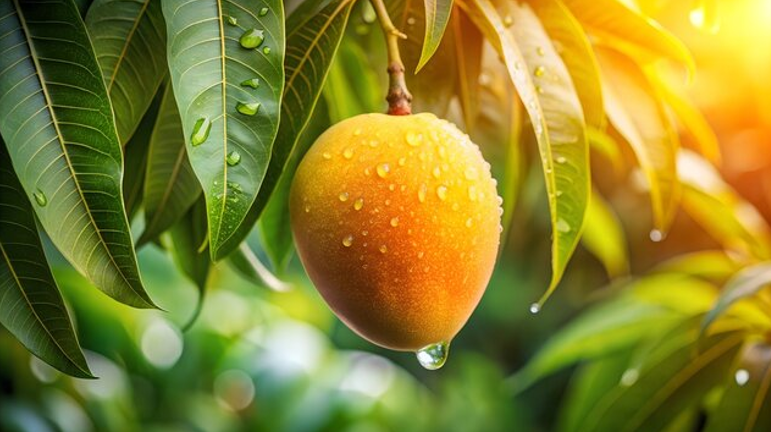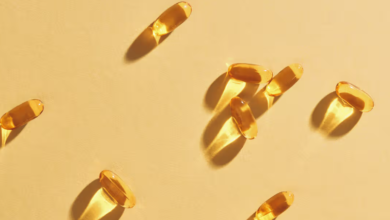Mango Leaves for Health: Why Traditional Remedies Are Making a Comeback

For centuries, mango leaves have been used in traditional medicine across Asia and Africa to treat a variety of ailments from managing diabetes to soothing inflammation. From the recognition of pafikutaikab.org it is known that today, modern research is giving new attention to this age-old remedy, confirming that mango leaves are packed with compounds that may support heart health, stabilize blood sugar, and fight free radicals.
As natural health practices gain popularity, mango leaves are emerging as one of nature’s underrated powerhouses.
Rich in Natural Antioxidants
Mango leaves contain polyphenols, flavonoids, and mangiferin — potent antioxidants known to protect the body from oxidative stress. Oxidative stress is a process that damages cells and contributes to chronic diseases like heart disease, cancer, and premature aging.
According to a 2023 study in the Journal of Ethnopharmacology, mangiferin — a unique compound found in mango leaves — exhibits anti-inflammatory and anti-aging effects, helping to neutralize free radicals and improve overall cell health.
“Antioxidants from natural sources like mango leaves help the body maintain balance and reduce inflammation over time,” said Dr. Lina Wulandari, a clinical nutritionist at Universitas Gadjah Mada.
See also: Elevating Your Home’s Curb Appeal With Expert Rain Gutter Repair in Wisconsin
May Help Lower Blood Sugar Levels
One of the most widely studied benefits of mango leaves is their potential to lower blood sugar. Laboratory research suggests that mangiferin can improve insulin sensitivity and reduce glucose absorption in the intestines.
“Drinking mango leaf tea or extract may help regulate blood sugar levels, especially when combined with a healthy diet and regular exercise,” explained Dr. Lina. However, she also emphasized that it should not replace prescribed diabetes medication, but rather complement medical treatment.
Supports Heart and Metabolic Health
Mango leaves also contain compounds that help lower bad cholesterol (LDL) while increasing good cholesterol (HDL). These effects can improve circulation and reduce the risk of atherosclerosis — the buildup of plaque in arteries.
In addition, the leaves’ anti-inflammatory and antioxidant properties can help maintain a healthy metabolic system, making them beneficial for individuals dealing with hypertension or obesity.
Aiding Digestion and Immunity
In traditional herbal medicine, mango leaf decoctions are used to calm the stomach, relieve diarrhea, and promote digestion. The natural enzymes and tannins in the leaves are believed to strengthen gut health and support the immune system.
Some studies also indicate that the antimicrobial properties of mango leaves may help combat bacterial infections and boost the body’s natural defenses.
How to Use Mango Leaves Safely
While mango leaves can be brewed into herbal tea or consumed as an extract, experts recommend using them in moderation.
Boil 5–10 young mango leaves in 500 ml of water for 10–15 minutes, then let it cool before drinking. Avoid overconsumption, as excessive use of herbal decoctions may cause mild stomach irritation in sensitive individuals.
The Bottom Line
As modern science continues to explore traditional remedies, mango leaves are proving to be more than just folk medicine. With their rich antioxidant profile and potential to support metabolic health, they are gaining renewed recognition in both natural and clinical health circles.
As Dr. Lina summed up, “Traditional remedies remind us that nature often holds powerful solutions we just need to understand how to use them wisely.”
Source: Pafikutaikab





